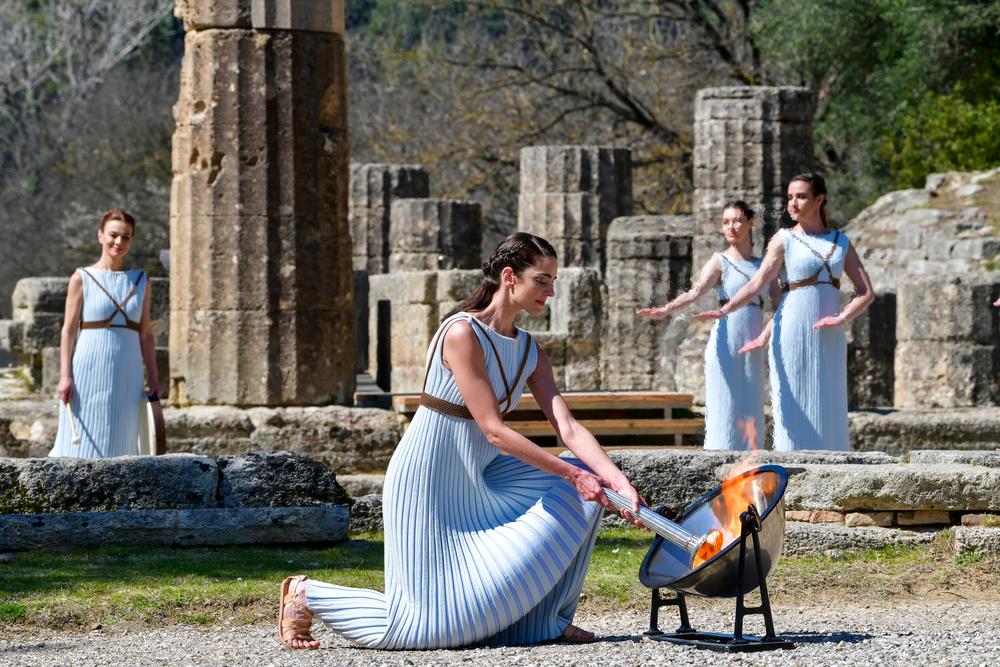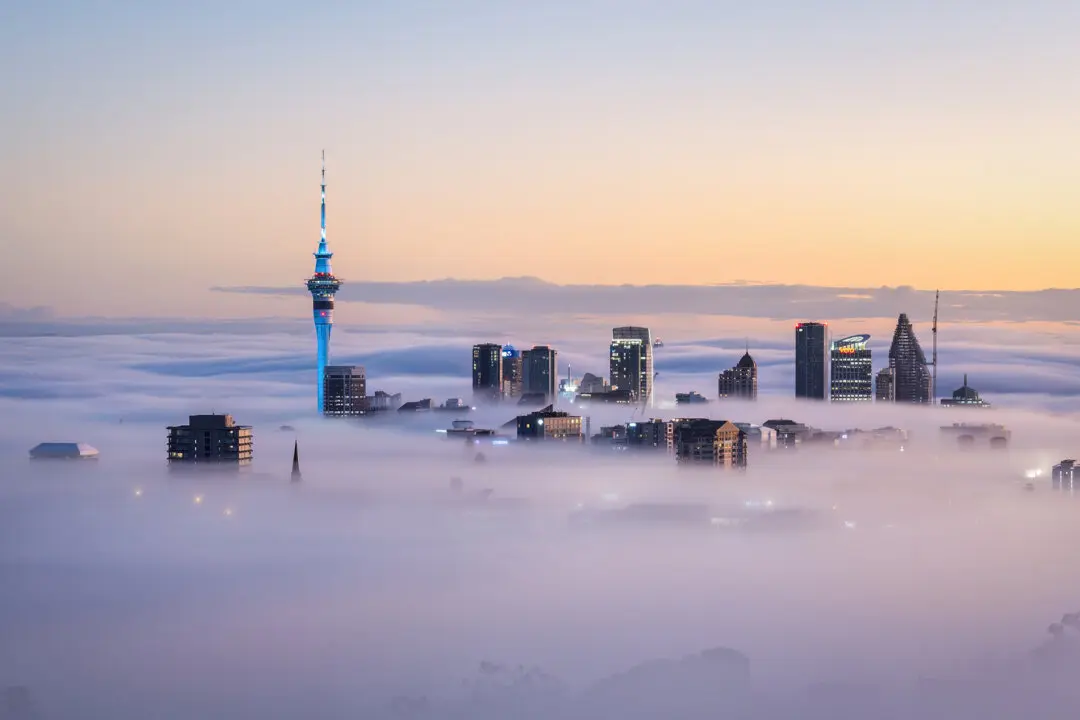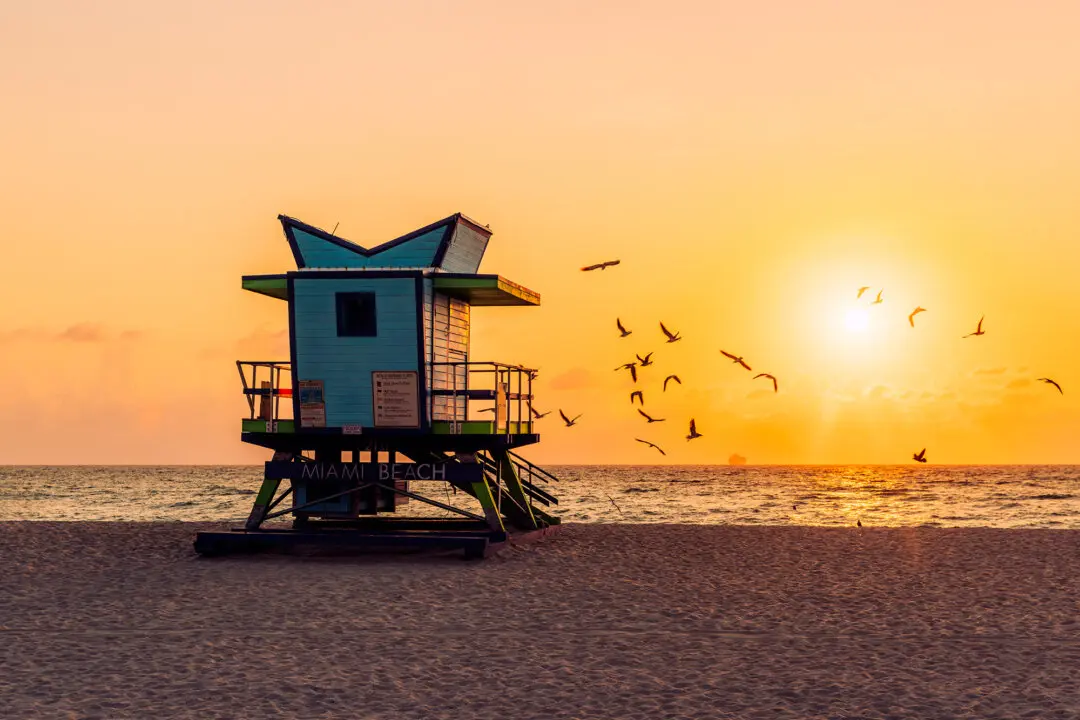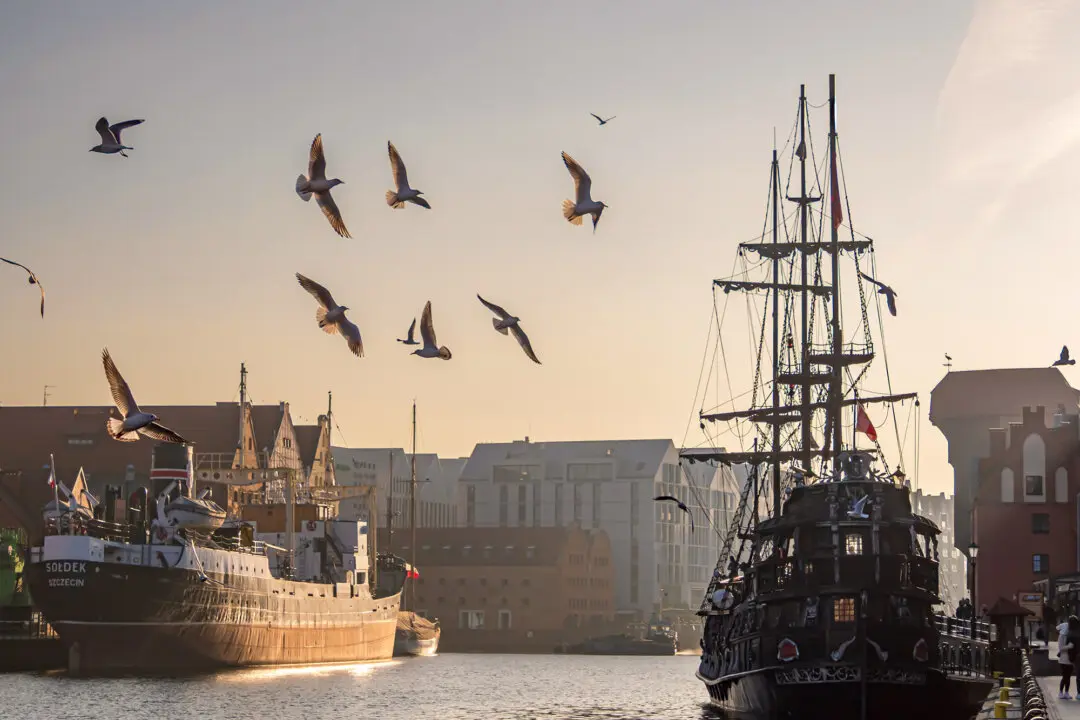Once, say the ancients, Zeus tossed a thunderbolt on this place. Seated in his home atop Mount Olympus, the greatest Greek god apparently signaled with this fiery gesture that he would take up residence in Olympia, a placid place covered in olive groves on the Peloponnese Peninsula.
According to the official record, the first Olympics took place here in 776 BC—a rather rural affair, held in a broad, natural stadium. Zeus’s sacred tree marked the finish line, and victors wore wreaths made from its branches, twisted into horseshoe shapes, and placed atop their heads.





